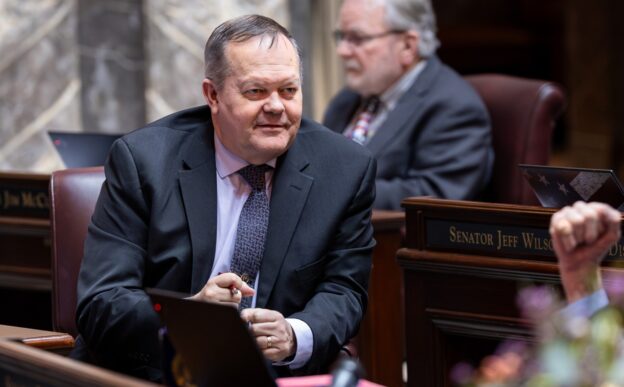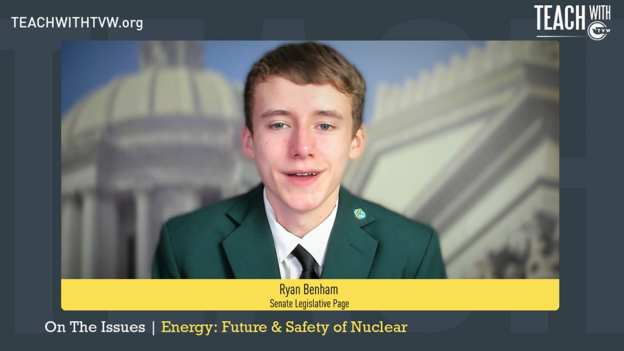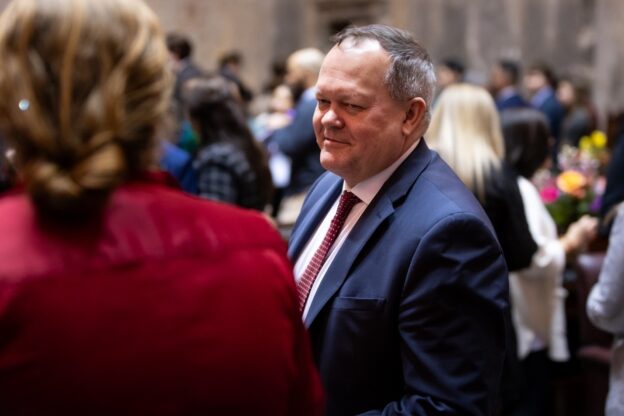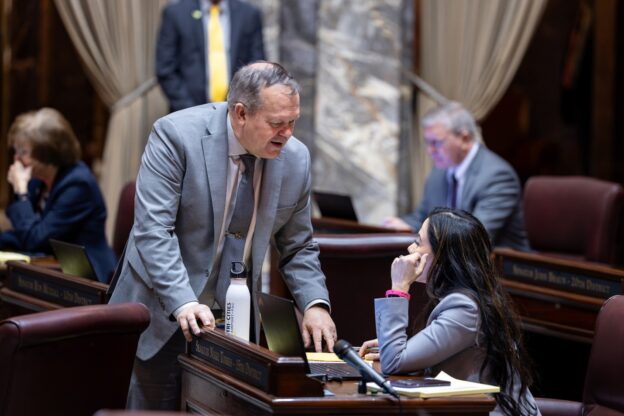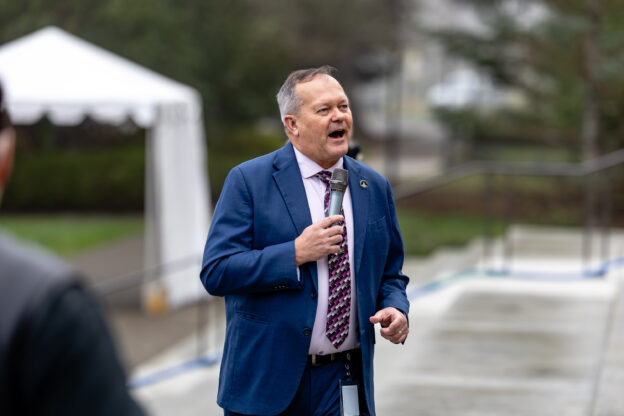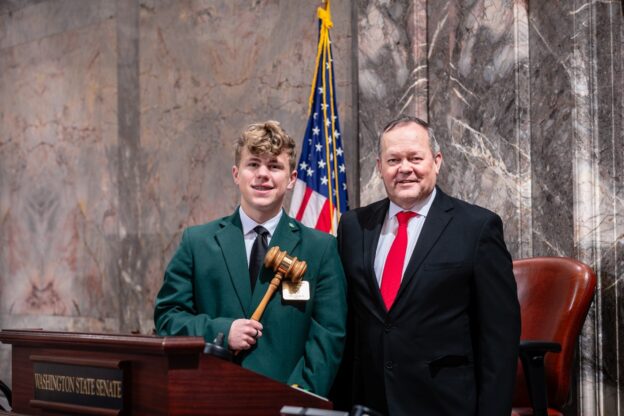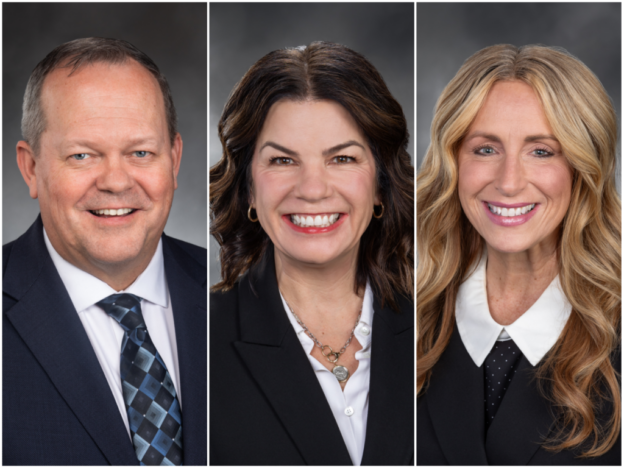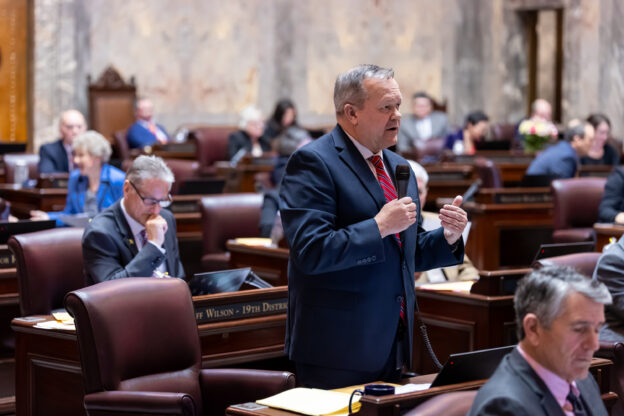Sen. Matt Boehnke, R-Kennewick/Credit: Washington State Senate
OLYMPIA… A recycling bill recently approved through a partisan vote in the Senate amounts to another hidden tax that would increase prices at the grocery store, says Sen. Matt Boehnke.
Boehnke, the ranking Republican on the Senate Environment, Energy, and Technology Committee, said the bill would shift the financial burden of recycling to producers, from cities and counties, punishing businesses that are already working to reduce waste and improve sustainability.
“Instead of making recycling more efficient, this very complex bill creates a costly bureaucracy that burdens small businesses with higher costs of doing business,” Boehnke said. “Food prices are already sky high, and this bill would drive them even higher, hurting families.”
Senate Bill 5284 would establish a producer responsibility organization (PRO) for certain paper products and packaging (PPP). The bill would also mandate producers to participate in and fund the PRO, which would oversee the post-consumer management of covered PPP, including recycling systems, waste reduction efforts, and environmental sustainability.
Boehnke believes a government-mandated PRO would put too much power in the hands of unelected officials and force private businesses to fund a system over which they have no control.
“This is bad policy and bad for Washington’s economy. Instead of forcing producers into a one-size-fits-all program, we should focus on market-driven solutions that encourage innovation in recycling.”
“If we are going to start creating a waste-recycling program, we need to examine the costs more closely. The detrimental effects of this bill far outweigh the positive outcomes. The language is too broad.”
The House Committee on Environment and Energy held a public hearing on the bill Monday.
The 105-day legislative session is scheduled to conclude on April 27.
#











